Life Insurance For Scuba Divers: How To Get The Best Rates
Scuba diving is an activity that insurance companies view as quite risky – because of that, they typically charge scuba divers with more expensive premiums. Furthermore, diving might even cause your life insurance application to be denied altogether!
But that doesn't mean you have to quit diving altogether. In this guide, we'll talk about why life insurance premiums can be more expensive for scuba divers. We'll also give you some tips on how to get the best rates.
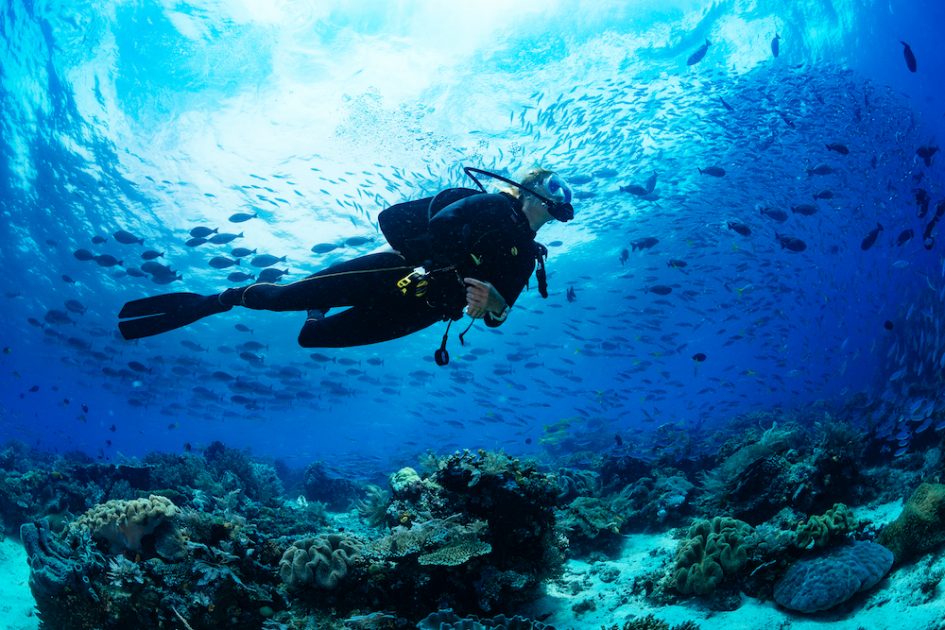
Why Do Life Insurance Companies Assess Risk?
Life insurance is designed to pay out a death benefit if the insured person passes away within the coverage period. The face amount can range from $5,000 to $1,000,000 depending on the type of insurance and your contract with the insurer.
Before you're issued a policy, life insurance companies assess the risk of providing you with coverage. They'll ask you to answer questions about your health, medical history, hobbies, and occupation. For traditional, fully underwritten life insurance policies, you might even be asked to take a medical exam.
Afterward, a life insurance underwriter reviews the personal information from your application then assigns you a risk class. Typically, you can fall under the following categories:
- Preferred: People in this risk class are young and in excellent health. They pay the lowest premiums for life insurance.
- Standard Plus: People who fall under this category have above-average health but may have certain issues like being overweight. They pay more than those in the preferred rate class.
- Standard: This is the average rate class. It's for people with an average life expectancy and some health issues.
- Substandard/Rated: This is for higher-risk individuals. People with a history of chronic illness or those who engage in risky hobbies may be put in this category.
- Smoker: Smoking is considered a serious health risk. People who use tobacco generally pay several times more than the average life insurance rates.
Scuba diving is one of the hobbies that life insurance companies view as risky. Depending on how often and how deep you dive, you might be put under the substandard category and charged more expensive premiums.
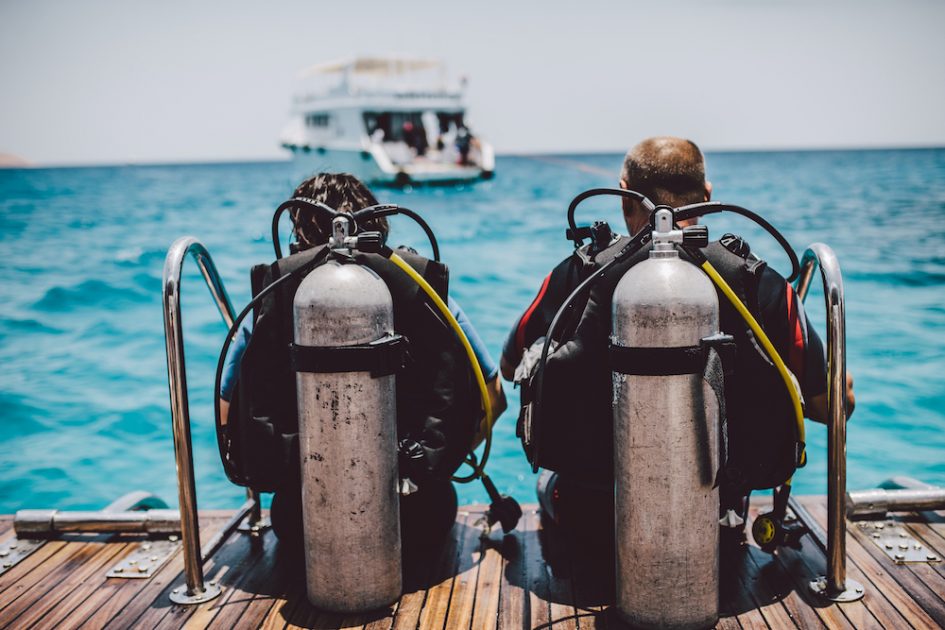
Fast Facts About Scuba Diving In The USA
To understand why getting affordable life insurance coverage might be more difficult for scuba divers, we need to look at the facts. Here are some statistics about scuba diving in the USA:
- Recreational diving accounts for 71 deaths in the US in 2017
- On average, there is one fatality out of every 200,000 dives made
- According to the Occupational Safety and Health Administration (OSHA), an estimated 10,000 people are employed as divers, whether commercially, through the government, or as a sea harvester. Among professionals, around six to 13 diving deaths happen each year.
What Makes Diving Risky?
Scuba divers face a variety of risks each time they go into the water. Some of the common causes of death are the following:
- Drowning: Drowning is the most common cause of death for scuba divers. Any form of incapacitation can cause this event. It can also be caused by entrapment, which happens when someone gets caught in fishing nets, caves, wrecks, or under ice caps.
- Heart disease: Acute cardiac events can happen underwater.
- Arterial gas embolism (AGE): This refers to gas entering the arterial blood through ruptured pulmonary vessels. The air ends up disrupting circulation or damaging vessel walls.
- Severe decompression sickness: Breathing under pressure causes inert gas to dissolve and saturate in bodily tissues. This can supersaturate tissues, interfere with blood flow, and cause illness.
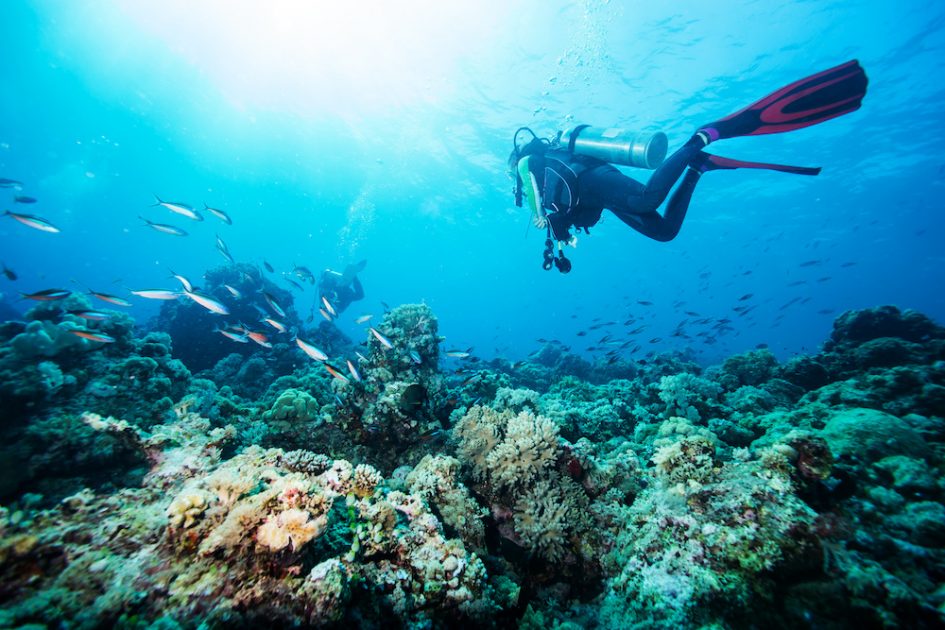
Are You Considered A Risky Scuba Diver?
Despite the fatality risks associated with scuba diving, it's important to realize that insurance companies won't automatically view you as high-risk if you engage in the activity.
They'll first try to determine what type of diver you are, then assign special rates depending on which category you fall under. Vacation divers pay only a little extra for life insurance coverage, but risky divers pay the most expensive rates.
Naturally, you'll need to be certified to gain life insurance coverage. Insurance companies might even require you to always dive with a partner who is also certified.
Vacation Diver
Vacation divers pay more than those who don't engage in scuba diving, but the difference won't be too great. Here's what most insurers consider a vacation diver:
- You dive less than 10 times per year.
- You dive less than 75 meters deep.
- You only dive in open water.
Recreational Diver
Recreational divers pay a little extra compared to vacation divers. Here's what most insurers consider a recreational diver:
- You dive more than 10 times per year.
- You dive less than 100 meters.
- You stay in open water.
Risky Diver
Risky scuba divers pay the most expensive rates. Here's what most insurers consider a risky diver:
- You dive more than 10 times every year.
- You dive more than 100 meters deep.
- You dive in open water, caves, and wrecks.
- You engage in spear diving, free diving, treasure hunting, or rescue diving.
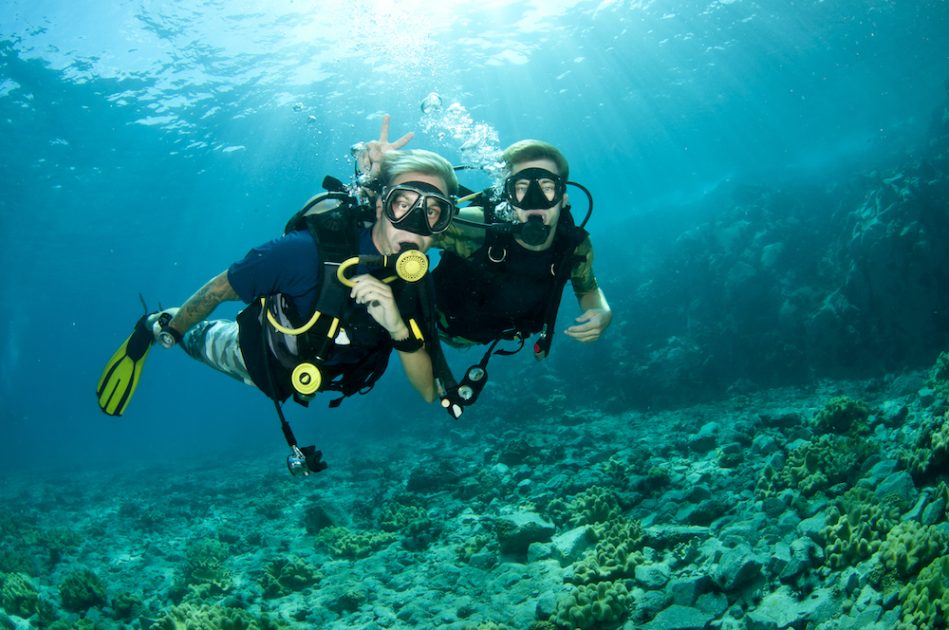
What Do Insurers Ask About Scuba Diving?
Life insurance companies determine what type of diver you are depending on your answers to the following questions.
Do you go dive professionally?
If you earn money from scuba diving, there's a greater chance you could pay more in exchange for insurance coverage. However, this will still depend on your answers to the follow-up questions below.
How often do you dive?
Most insurance companies would rather insure someone who only dives up to 12 times per year. It's even better if you only dive on vacation.
It's important to clarify with the insurer during the application process regarding how many times you can engage in the activity every year. Once you know the limit, you can avoid invalidating your policy.
How deep do you dive?
Most life insurance companies set a depth limit. If you go deeper than that, your premium rates will increase.
Do you dive in overhead environments?
Overhead environments refer to diving sites that do not allow you to have direct access to the surface. If you do cave diving or wreck diving, you might be charged the most expensive premiums.
Do you do activities outside of the recreational norm while diving?
Some activities you do while scuba diving can be considered outside the norm. Examples include:
- Rescue diving
- Spearfishing
- Photography below 100 feet
- Freediving
Engaging in these activities could cause you to pay the highest life insurance premiums.

Can You Lie About Being A Scuba Diver?
It is never advisable to lie on your life insurance application. If the insurance company finds out that you've withheld or falsified information, they can cancel your policy or withhold the death benefit.
Keep in mind that the agreements you've made with the life insurance company should always be considered when you scuba dive. For example, if you said that your maximum depth is 100 feet but you die at 120 feet, they can refuse to pay the benefit.
How To Get Affordable Life Insurance For Scuba Divers
Being a scuba diver shouldn't stop you from getting a life insurance policy you can afford. Here are some tips to help you achieve this goal:
Work With Independent Insurance Agents
Applying for a policy is easier if you work with an independent life insurance agent. They can liaise with multiple companies, get several quotes, and help you compare your options. That way, you can spend less time looking for the life insurance company that offers the best rates for scuba divers.
Opt For A Diving Exclusion
Insurance companies provide you with the option to exclude any form of coverage for scuba diving accidents. This will allow you to pay the same premiums as those who don't engage in the activity. While opting for this exclusion will require you to take on a little risk, it might be worth it if you don't scuba dive too frequently.
Stay Fit And Healthy
If you scuba dive, there's a good chance that you lead an active lifestyle. Staying healthy and physically fit can send a good signal to insurers and might put you in a preferred rate class.
Get An Advanced/Master-Level Certification
Divers need to be certified by official scuba diving organizations, such as PADI and NAUI. If you have a higher degree of certification, you're likely to get a preferred insurance rating. Insurers also view having extensive diving experience as a good sign.
FAQs on Life Insurance For Scuba Divers
Buying a life insurance policy can be a little more complicated if you're a scuba diver. Here are answers to some of the most frequently asked questions about getting coverage.
What if I already have life insurance but want to dive on vacation?
You may want to opt for travel insurance. This will provide you with the coverage you need when you engage in the activity – without affecting your original policy.
Should I get specialized packages for scuba divers?
Some organizations offer specialized insurance policies for scuba divers. This will prove useful if you get into a diving-related accident but won't cover any other injury that's not related to the activity.
It's best to look at these specialized plans as supplementary life insurance policies. You can get them in addition to traditional life insurance, especially if you do many dives throughout the year.
What other factors affect life insurance rates?
Diving experience is not the main factor in determining how much you'll pay for coverage. Life insurance rates are largely based on the following:
- Age
- Sex
- Type of life insurance policy
- Preexisting health conditions
- Family medical history
- Tobacco use
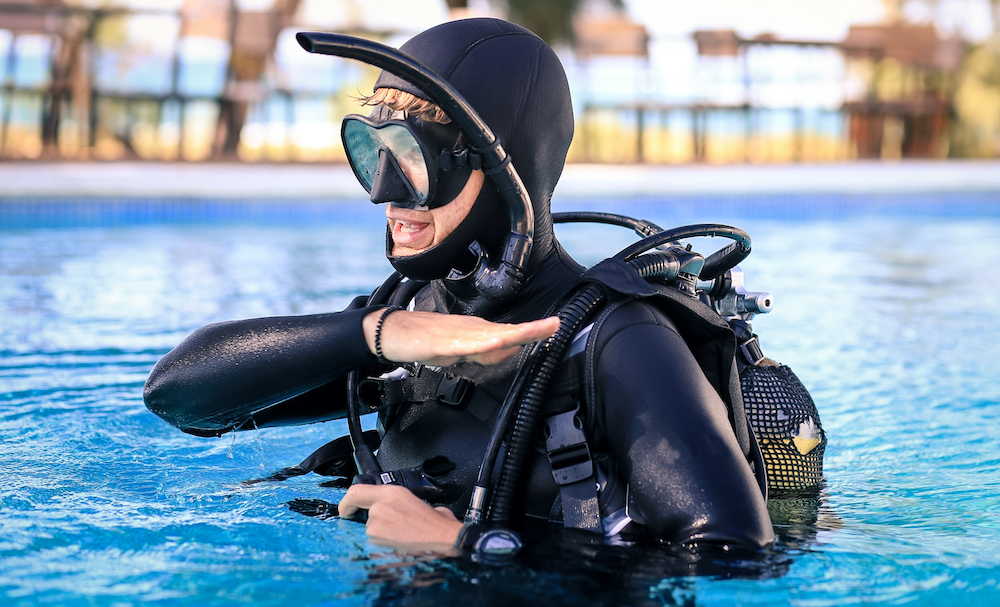
Final Thoughts
If you're a scuba diver, you might need to pay more expensive premiums compared to someone who does not engage in the activity. Still, it's possible to find a policy that's within your budget. With the help of a life insurance agent, you'll be able to get the coverage you need at a price you can afford.
Get in touch with Wesley Insurance, LLC for more information. We'll help you complete your life insurance application and get the best rates as a scuba diver.